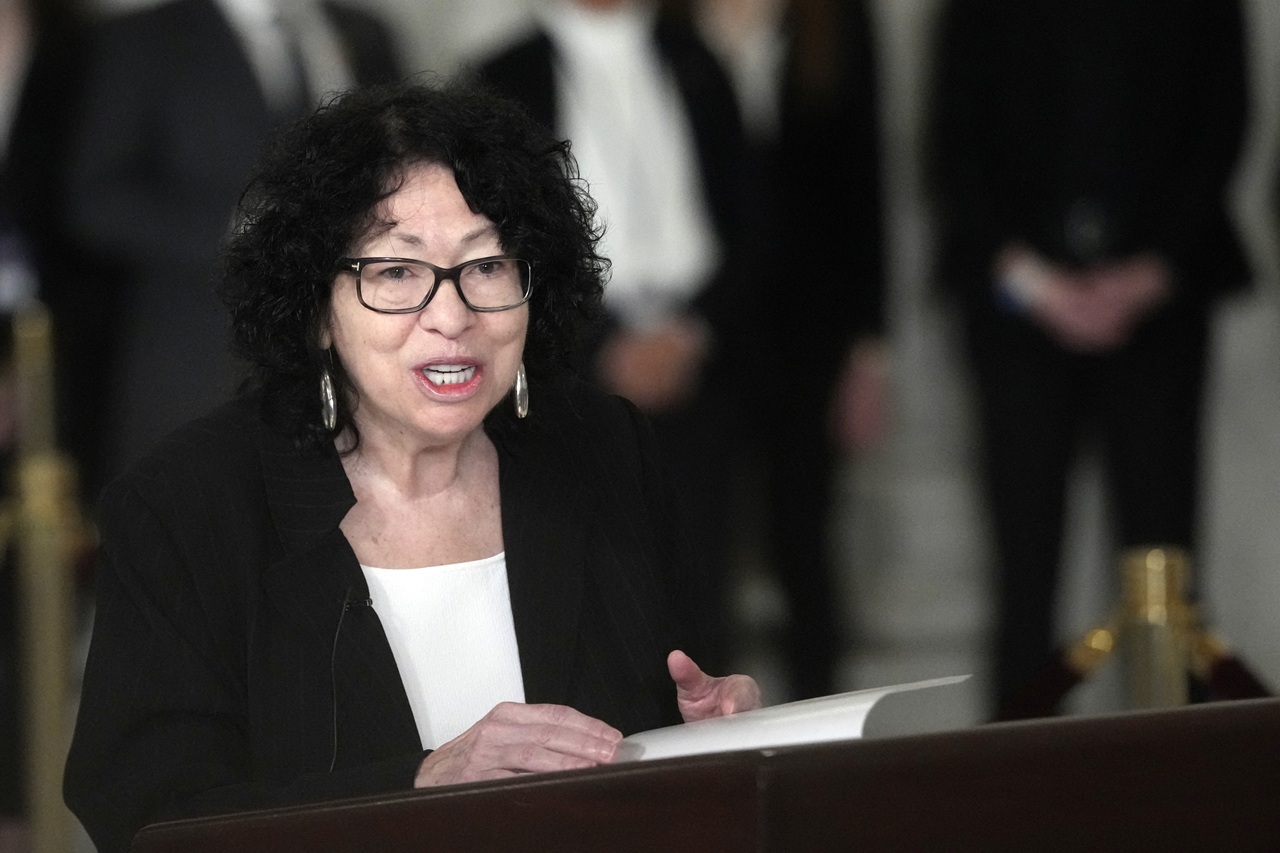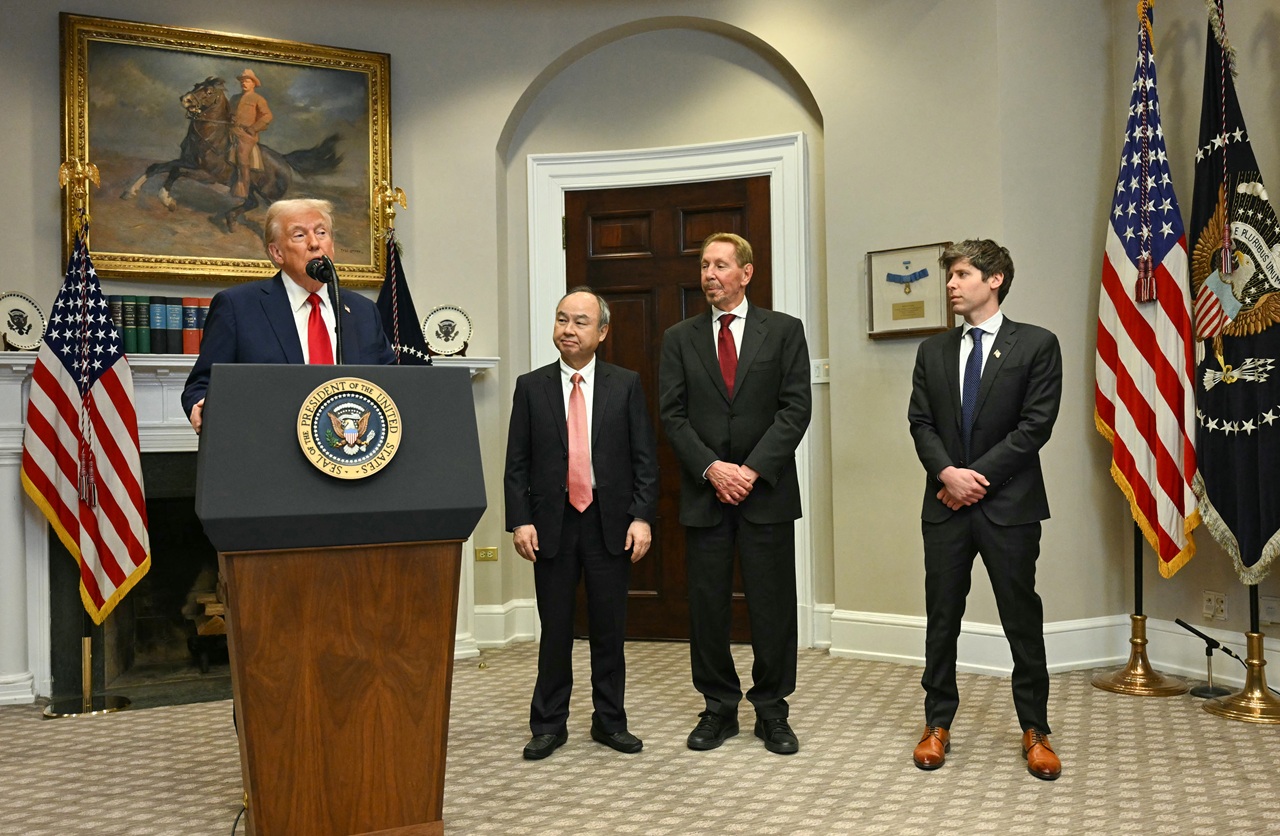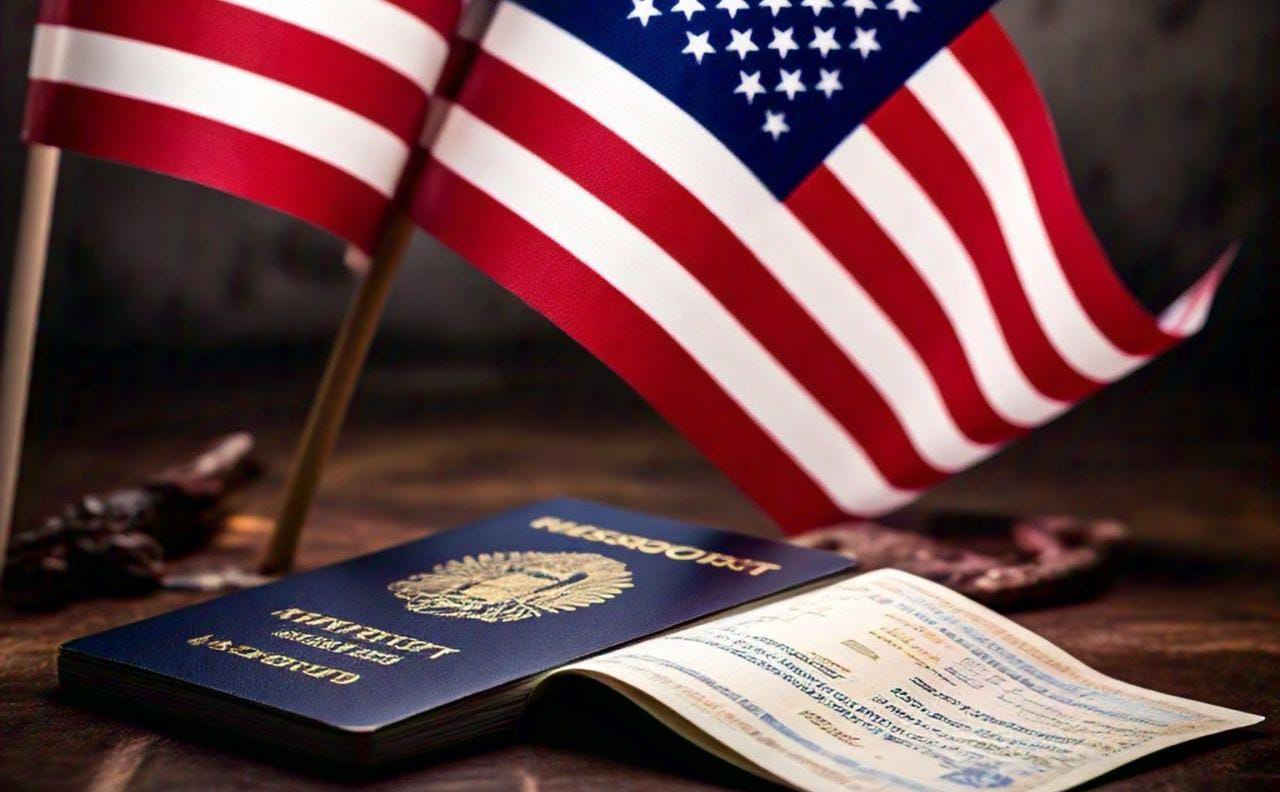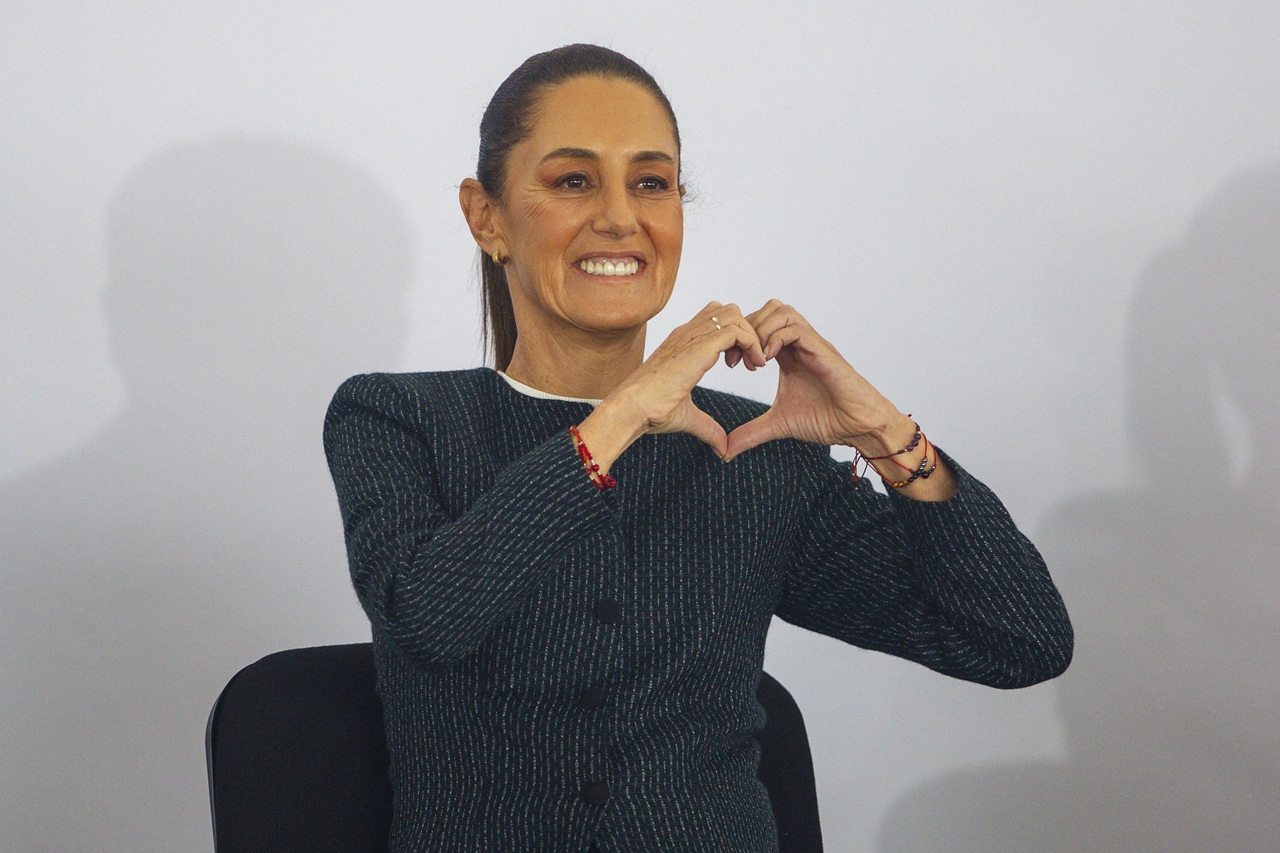
Antonio Valdés: The CEO providing behavioral healthcare services to children across Philadelphia
As the leader of the Children’s Crisis Treatment Center, Valdés has committed to serving all the diverse communities this city has to offer.
Of the many gifts Antonio Valdés’ parents have given him throughout his life, there are two that stand out most.
“I've often said about my parents that after their greatest gift, which was love and consistency and support… the next really great thing they did was give me that cultural experience from an identity perspective,” said Valdés in an interview with AL DÍA.
Born and raised throughout Paterson, North Jersey, and parts of Delaware and Connecticut, Valdés is the child of a Cuban father and Dominican mother.
During his junior high and high school years, he lived in the Dominican Republic’s capital city, an experience that had a huge impact on his life.
“The fact that I got to live in the Dominican Republic as a teen, didn't speak English for years, had that very rich experience of being completely inculturated into Dominican culture,” said Valdés. “And then as a result the concept of being bicultural was able to sort of blossom within me, in terms of being able to live both worlds.”
Being accustomed to both the lifestyles and customs in both the Dominican Republic and Cuba, as well as the United States has been a very important part of his life.
“A lot of my life has been connected to supporting the Latino community,” said Valdés.
Whether it’s been his trips to Dominican Republic and Cuba, his involvement on different boards or his day job leading different service organizations, that connection has remained consistent.
The Helping Field
At 15 years old, Valdés began working at his father’s family-owned restaurant in Santo Domingo.
“I would come straight from school to the restaurant that we owned and I would manage the restaurant for the afternoon shift,” he said.
That experience taught him the value of hard work, and also helped build a sense of community between him and his family.
Just before he began college, the Valdés family moved back to the United States.
As Valdés navigated his undergraduate studies at the University of Delaware, he went through a number of different majors as he aimed to discover what career path he wanted to take.
He eventually settled on biology and anthropology with a minor in political science.
When he was ready to enter the workforce, one thing was crystal clear.
“I always knew that I was going to be in the helping field in some way or another,” he said.
“Despite all the different majors and despite all the changes, when I got out of school, I went right into working in the mental health world and helping elderly, mentally ill folks move from psychiatric hospitals to community placements,” Valdés continued.
Beginnings as a Social Worker
Stopping just short of calling it his “calling,” Valdés just felt it was right for him to be in a position where he could support people who are struggling.
This led to him eventually entering into behavioral healthcare.
Valdés began his career in the field as a social worker for Connections CSP, a behavioral healthcare provider based in Delaware.
Early on, Valdés had to really study and understand the functioning of behavioral healthcare, particularly how it begins early in life.
“I often in my role talk about protective factors and what kind of protective factors that children have early in life, and how that is really, in most cases, determining the level of resilience that people have throughout their entire lives,” he said.
He noted that a person who grew up in an environment with high doses of protective factors — loving, caring adults, support — may not notice it early in life, and may actually take it for granted.
However, for those who didn’t grow up in that environment, it can have a residual effect on how that individual conducts themselves as an adult.
Throughout his tenure, Valdés often saw the aftermath of the latter environment and how it has led many to a life of violence and drugs.
As a social worker, Valdés often saw situations where individuals may have spent 30 to 40 years in a psychiatric hospital for something that likely would not land them in one today. In that situation, he has often been the person responsible for helping move that person to a group home or independent living facility.
“It helped me really understand and focus on the difference it makes if early in life people have the things that will most likely help them be successful and be really resilient,” said Valdés. “Bad things happen, so it’s really about how do we help people be resilient so when they’re adults, they can get through the tough stuff.”
A Leader in the Making
It didn’t take long for Valdés to realize he wanted to be in a supervisory role, leading by example.
While working with Connections CSP, he decided to return to school and pursued an MBA in Health and Medical Services Administration.
After completing his MBA, Valdés became the director of operations for the organization, where he used his expertise as a service provider to manage five different programs for a team of more than 100 employees.
The following year, he relocated to Philadelphia after being named the executive director of the Child Psychiatry Center (CPC).
Valdés noted two experiences at CPC that he said were very powerful to him, both personally and professionally.
The first is that 80% of the staff at the organization was Latino, while “about 85% to 90% of its clientele was Latino.”
“I had never worked anywhere like that before, so it was a very, very different experience,” Valdés reflected.
“That became a moment where… everyday, I was speaking as much Spanish at work as I was speaking English. And it was this environment where I was kind of very much in a very different culture, even though it was still in the United States,” he added.
That experience became an opportunity for Valdés to connect with the community in a way that, he said, he hadn’t had an opportunity to do since he moved back to the U.S.
It also presented an opportunity to create partnerships with other entities in the community that were doing similar work within the child psychiatry realm.
That was when Valdés started to see the value of integration and how critical a part it is in successfully serving communities in need.
As a leader, there are several qualities that Valdés believes are paramount to being an effective leader.
{"preview_thumbnail":"/sites/default/files/styles/video_embed_wysiwyg_preview/public/video_thumbnails/LpvLWE9Y4bI.jpg?itok=T3Fq8br1","video_url":"https://www.youtube.com/watch?v=LpvLWE9Y4bI","settings":{"responsive":1,"width":"854","height":"480","autoplay":1},"settings_summary":["Embedded Video (Responsive, autoplaying)."]}
Leading Children’s Crisis Treatment Center
In 1997, Valdés was named to his current role as executive director of Children’s Crisis Treatment Center (CCTC), a nonprofit that specializes in behavioral health services to children and families, in Philadelphia.
RELATED CONTENT
{"preview_thumbnail":"/sites/default/files/styles/video_embed_wysiwyg_preview/public/video_thumbnails/Tifk2dhOuJk.jpg?itok=PqO2-HIq","video_url":"https://www.youtube.com/watch?v=Tifk2dhOuJk","settings":{"responsive":1,"width":"854","height":"480","autoplay":1},"settings_summary":["Embedded Video (Responsive, autoplaying)."]}
In his nearly quarter-century tenure leading CCTC, the organization has grown exponentially in its number of employees and clients.
“What I really appreciate that we've been able to do is we've done it organically,” said Valdés, noting the value of both internal and external partnerships.
One important internal partnership has been the Caring Families of CCTC, a family advisory group made up of parents and caregivers of children who are current or former clients.
“I’ll never forget one of the things that one of the ladies once said,” Valdés reflected, “She said, ‘I’m really appreciative of how my kid was in service at CCTC. How he did so much better after he went through the program.’”
However, she added that the largest impact was the effect it had on the entire family.
It was at that moment that Valdés saw the true impact the organization has, particularly from a family perspective.
“Because we’re working with kids, we’re working with caregivers. And as a result, we’re impacting how these families see themselves and maybe go to work going forward to help other kids,” said Valdés. “And then you can imagine the sort of trickle down effect.”
It is that component that Valdés finds most fulfilling about his work.
“That feels very powerful… very important,” he added.
Diversity in Child Behavioral Healthcare
CCTC has also ensured that diversity remains a key priority among its staff and leadership team.
Given the diversity of the children and families who make up CCTC clients, a diverse staff is paramount.
According to its most recent numbers, Valdés noted, about 45% of the children the organization serves are African American, while about 30% to 35% are Latino.
Among its staff, about 43% are African American, and about 30% are Latino.
While those numbers are good, there is a continuous effort to ensure diversity, equity and inclusion efforts remain a priority.
{"preview_thumbnail":"/sites/default/files/styles/video_embed_wysiwyg_preview/public/video_thumbnails/dS_sbVUfdPA.jpg?itok=a6uGDH3a","video_url":"https://www.youtube.com/watch?v=dS_sbVUfdPA","settings":{"responsive":1,"width":"854","height":"480","autoplay":1},"settings_summary":["Embedded Video (Responsive, autoplaying)."]}
As it pertains to the topics of behavioral health and trauma, there is a connection between those topics and DE&I.
“It’s hard for us to separate the two because a lot of it has to do with this sense of identification with the communities that we’re serving,” said Valdés.
He added that it opens the door to more open and transparent conversations among staff and clients, as well as learning from each other.
The commitment for organizations to truly embrace diversity, equity and inclusion will just grow more critical for each generation.
As a Latino CEO who leads an organization in which a majority of its clients are diverse and multicultural in an industry that is predominantly white, there is no neglecting the value of these efforts.
“We can influence other organizations and create pressure for things to keep moving down a certain path,” said Valdés.
“Diversity and inclusion are important for many reasons, but I think the biggest one for me is those young people who are coming into the career and are from different minority backgrounds, that belief that when they see that they're getting real opportunity, that they actually can grow, and if they invest, they will be successful. It can’t be overestimated how critical that is,” he added.










LEAVE A COMMENT: